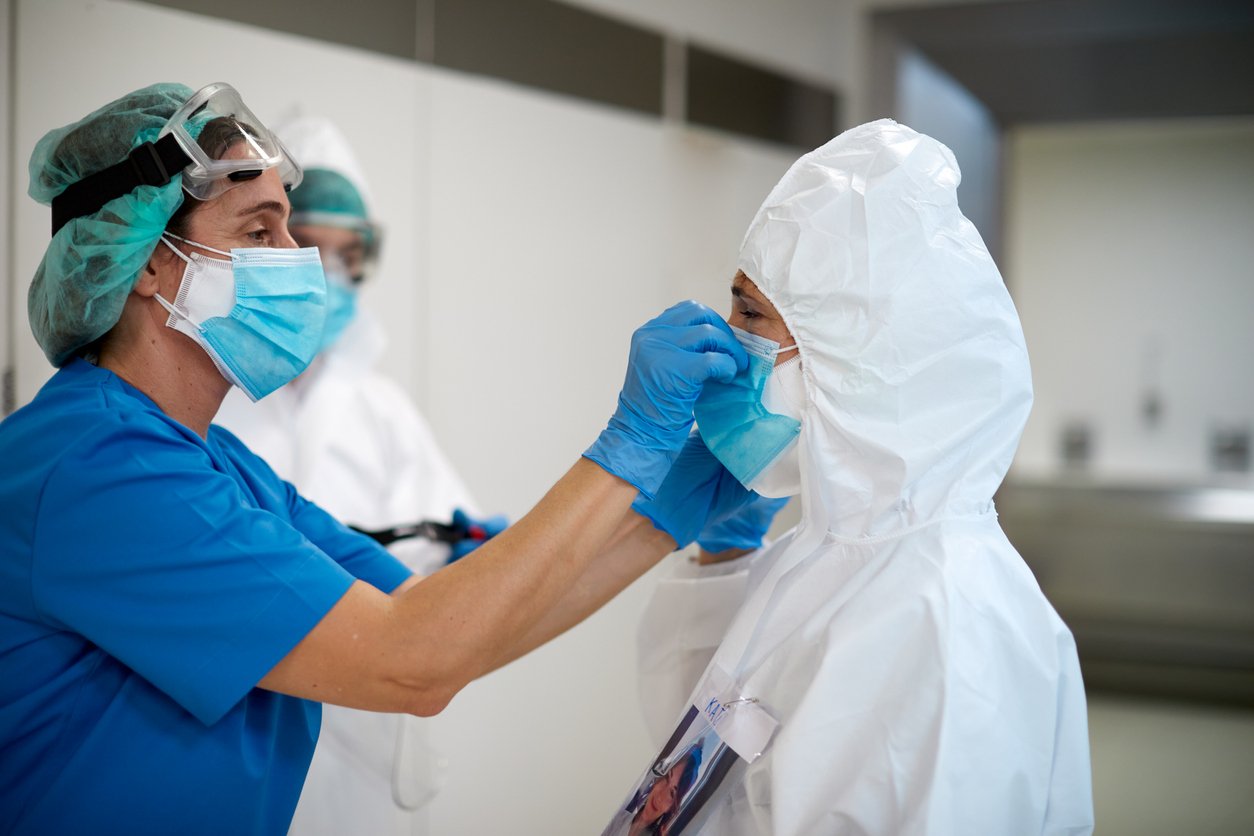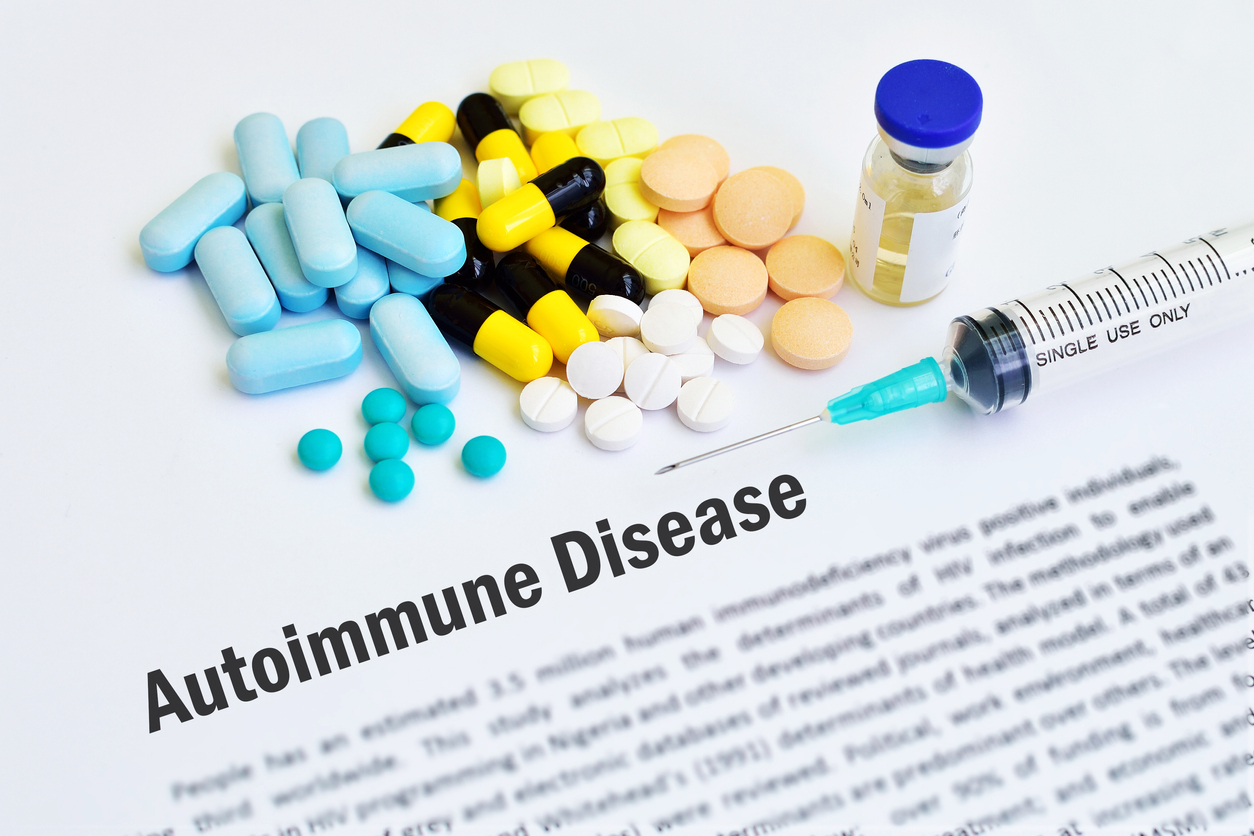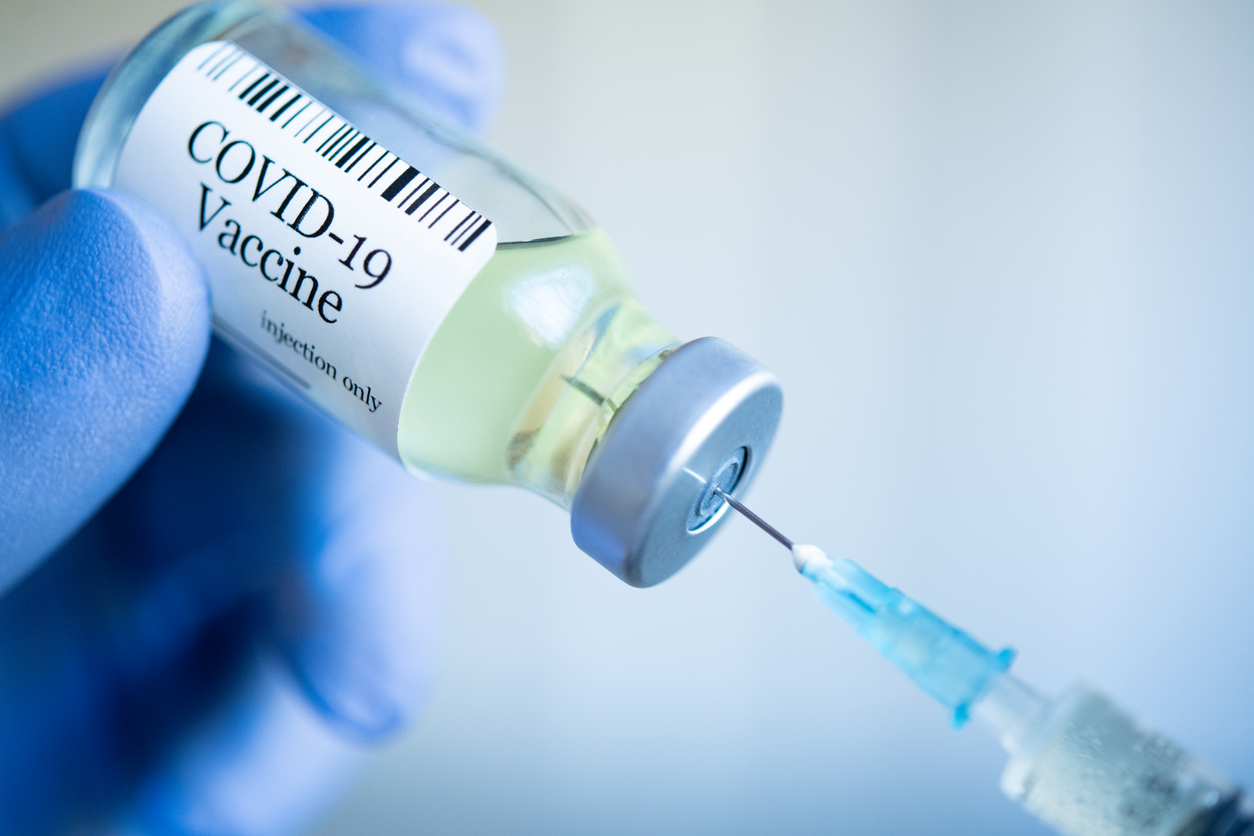COVID-19 is a viral infection that emerged in 2019 and quickly became a global pandemic infecting millions of people. The lack of approved therapies for this disease means that doctors manage it through symptomatic treatment, implementing infection control, and providing supportive care. COVID-19 has raised concerns about the management of autoimmune diseases due to similar pathogenesis.
Overview of The Similarities Of COVID-19 And Autoimmune Disease
Just like autoimmune diseases, COVID-19 affects cytokine pathways by causing signaling disorders and immunopathology. Consequently, autoimmune patients are at a high risk of developing COVID-19 due to their impaired immune responses caused by using immunosuppressive drugs. Most COVID-19 complications are caused by elevated levels of inflammatory cytokines and the patient's immune system reacting to the infection.
Systemic Lupus Erythematosus (SLE)
SLE affects many organs, but most cases of mortality result from infections of the respiratory system. The main contributor to the pathogenesis of SLE is the secretion of inflammatory cytokines that cause kidney problems. Studies indicate that kidney problems are also common in COVID-19 patients.
Similarly, both SLE and COVID-19 patients have higher than average SAA serum levels, and treatment with anti-SAA drugs improves their condition. Abnormal coagulation levels have also been noted in SLE and COVID-19 patients, meaning that the two diseases have similar pathogenesis. ACE2 is a COVID-19 receptor through which the virus infects tissue causing cell death. SLE patients with high levels of ACE2 are more vulnerable to COVID-19 infection due to impaired apoptosis mechanism.
Since COVID-19 and SLE have similar pathogenesis, it is possible to use cytokine inhibitors such as fedratinib and ACE2 inhibitors such as anifrolumab to manage COVID-19. Using SLE drugs that moderate the secretion and the adverse effects of inflammatory cytokines may be an effective way of managing COVID-19 patients.
Rheumatoid Arthritis (RA)
RA has similar pathogenesis with COVID-19, meaning that RA patients are more susceptible to COVID-19 than ordinary people. RA causes the body to produce immunosuppressive agents, thereby increasing the risk of catching viral infections. Administering ACE2 inhibitors to RA patients can help prevent severe lung damage by reducing the inflammatory effects of angiotensin proteins. Since ACE activity is high in RA patients using ACE inhibitors, such as Quinapril can be beneficial to COVID-19 patients due to its anti-inflammatory function and the critical role ACE2 plays in COVID-19 pathogenesis.
Multiple sclerosis (MS)
MS is similar to COVID-19 in that it is a chronic inflammatory condition affecting the central nervous system. MS causes the proliferation of inflammatory cytokines that play an important role in its pathogenesis. Similarly, COVID-19 causes an increase in the levels of inflammatory cytokines, leading to difficulty in breathing.
The primary therapeutic intervention for MS patients is corticosteroids, which suppress the immune system but increase the risk of infection. Therefore, medical practitioners should screen MS patients for COVID-19 before prescribing corticosteroids. However, drugs that prevent the secretion of inflammatory cytokines can protect patients against COVID-19 by delaying respiratory complications.
One study found that ocrelizumab to be effective in managing COVID-19 in MS patients. Similarly, tocilizumab is an immunosuppressant that is effective against acute cases of COVID-19. IFN-β is also used on MS patients with, one study indicating that it is more effective than ocrelizumab in preventing infections.
COVID-19 Presenting as Acute Hepatitis
One COVID-19 patient arrived at a healthcare facility with dark urine but denied respiratory problems. Her condition was stable on the first day, but she developed fever on the second day. Nasopharyngeal samples tested positive for COVID-19, and she was placed on a breathing aid. On the fourth day, the doctors started her on a 5-day treatment with hydroxychloroquine. Her condition improved, and she was discharged on day 8.
This was a rare cases of COVID-19 presenting as acute nonicteric hepatitis before developing into respiratory complications and fever. The patient was tested for acute hepatitis upon admission due to the liver test abnormalities. The results were negative, and she developed respiratory problems 18 hours after admission and was later diagnosed with COVID-19. Since tests ruled out all other causes of acute nonicteric hepatitis, it seems that acute hepatitis was triggered by COVID-19.
COVID-19 Has Raised Concerns About Immunosuppression in Autoimmunity Patients
Medicine Currently Used for Autoimmune Disease
The COVID-19 has raised concerns about the use of immunosuppression drugs in managing autoimmune diseases. B-cell depleting drugs are increasingly used to manage autoimmune diseases due to their high efficacy. These drugs include ocrelizumab for MS, rituximab for RA, and pemphigus vulgaris as an off-label remedy for MS. The CD20-depleting drugs work by suppressing and slowing down the repopulation of memory B cells leading to long-term control of chronic diseases.
The available evidence indicates that CD20 cell depleting drugs do not increase the risk of COVID-19. This is because most of the people on autoimmune therapy eliminate SARS-CoV-2 without any problems. This is because B cells do not seem to play an important role in recovery as most MS patients using B cell-depleting drugs recover from COVID-19.

CD20 Antibodies Suppress Vaccine Responses
Trial data on the effect of ocrelizumab and rituximab on vaccine responses indicates that the titre and seroconversion rates are markedly lower than the average for healthy individuals. The poor vaccine responses are a common problem for patients taking CD20 cell depleting antibodies.
Ocrelizumab is the only licensed drug for treating MS. It does not seem to impair the pre-existing immunity, implying that MS patients who receive the COVID-19 vaccine will be able to continue with treatment without compromising vaccine-acquired immunity. Some patients may produce a short-term antibody response but will still benefit from the immunity boost resulting from the vaccination.
If COVID-19 vaccine responses become an issue for people with autoimmune diseases, it would be advisable for health practitioners to use B cell depleting drugs that allow for quick recovery of B cells for maximum vaccine effectiveness. Health workers can create a time window for vaccination to allow the patient to acquire immunity to new infections.
Conclusion
COVID-19 has similar pathogenesis with most autoimmune diseases, but the management of these diseases does not seem to compromise patient immunity against the viral disease. Healthcare workers can continue using conventional therapies without posing a significant risk to patients. Vaccination will also be effective as long as health workers give the vaccines enough time to work before resuming treatment.
BocaBiolistics is a hybrid CRO that assists clients in managing their clinical and molecular datasets. Our vertically integrated platform provides data-rich, commercial biobanks to help clients accelerate the realization of their cutting-edge innovations. Contact us to discuss your clinical and science needs.














